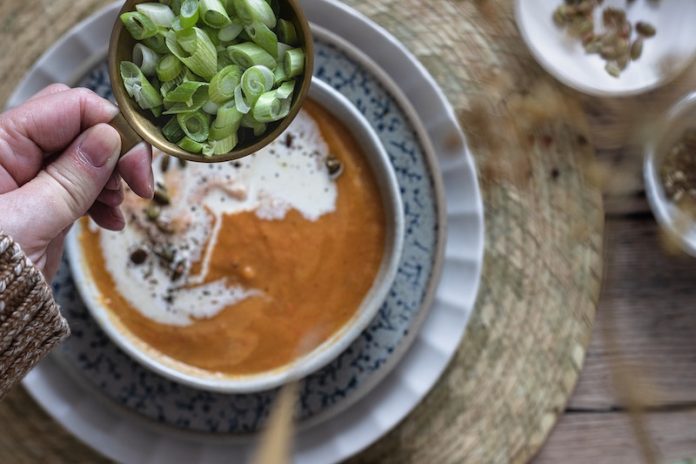
Introduction: Why Food Matters in Type 1 Diabetes
Type 1 diabetes is a condition where the pancreas doesn’t make enough insulin, the hormone that helps our cells absorb sugar from the blood.
This means folks with Type 1 diabetes have to be extra careful about what they eat.
Too much sugar can cause high blood sugar levels, and too little can lead to dangerously low levels. So, what should you eat and avoid to keep your sugar in check? Let’s break it down.
The Good Stuff: Foods That Love You Back
- High-Fiber Veggies: Green Is Good!
Spinach, kale, and other leafy greens are jam-packed with fiber and nutrients but low in carbs. They’re like a triple win for your body.
Research published in the journal Diabetes Care has shown that a higher intake of leafy greens may help manage blood sugar levels.
- Lean Protein: Power Up without the Spike
Chicken, turkey, and fish provide protein that fills you up and keeps your muscles happy without spiking your blood sugar.
One study in the American Journal of Clinical Nutrition showed that a diet rich in lean protein helped better manage glycemic (sugar) levels.
- Whole Grains: The Better Bread
When you choose grains, make sure they’re whole grains like whole-wheat bread, brown rice, and quinoa. These grains have more fiber and nutrients compared to white bread or white rice, helping you control blood sugar levels more efficiently.
A study from the journal Nutrition & Diabetes confirmed that whole grains can play a role in improving insulin sensitivity.
The No-No List: Foods to Be Wary Of
- Sugary Drinks: A Fast Lane to High Sugar
Sodas, fruit juices, and even some types of tea or coffee can be loaded with sugar. Consuming these sends your blood sugar skyrocketing.
A study in the British Medical Journal revealed that people who consumed sugary drinks regularly had a higher risk of Type 1 and Type 2 diabetes.
- Processed Snacks: Easy but Risky
Chips, cookies, and other packaged snacks might be easy to grab, but they can mess up your blood sugar levels.
These snacks are often high in simple carbohydrates and low in nutrients, making them a bad choice for blood sugar control.
- Fatty Foods: A Slippery Slope
Fast food and fried foods might taste good, but they’re often loaded with saturated fats. High-fat diets can lead to weight gain, a factor that makes it harder to manage your blood sugar.
A study published in the journal Diabetologia found that a diet high in saturated fats could worsen insulin resistance.
Conclusion: Taking Control, One Bite at a Time
Managing Type 1 diabetes is a 24/7 job, and choosing the right foods is a big part of it. The good news is that you can enjoy delicious foods while taking good care of yourself.
Always remember to consult your healthcare team before making any significant changes to your diet. It’s not just about avoiding sugar but creating a balanced plate that helps you feel your best.
Eating right can be empowering, and in the case of Type 1 diabetes, it’s an essential part of managing your health.
Follow us on Twitter for more articles about this topic.
Copyright © 2023 Scientific Diet. All rights reserved.





